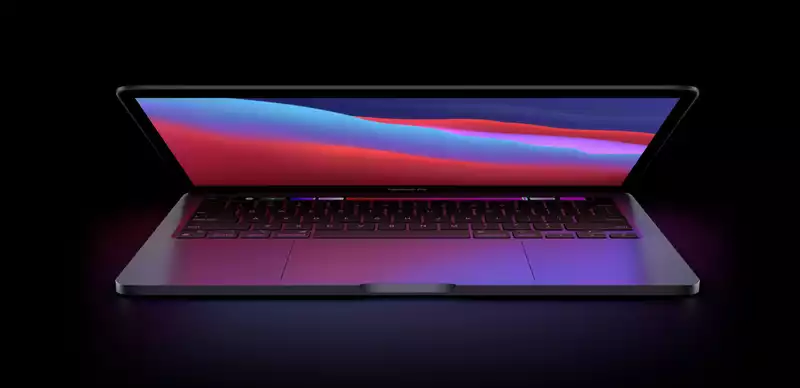The Apple Silicon M1 chip in Apple's latest new MacBook Air M1 and Mac mini has received deserved fanfare for improving the performance of these Macs. But macOS is not the only one benefiting from the Apple-designed chip. [Notebookcheck discovered this test, which was conducted by Twitter user and developer Alexander Graf, who used the Insider Preview of Windows 10 ARM, along with Apple's Hypervisor framework, an open source s virtualization and machine emulation software QEMU to achieve the Windows setup.
Running Windows 10, the M1 chip scored 1,300 on the single core and a whopping 5,4000 on the multi-core using Geekebench 5's general performance test. This was higher than the Surface Pro X's scores of about 800 (single-core) and 3,000 (multi-core). While some testers have stated that there are some issues with this setup, the majority of the Geekbench scores reflect a similar disparity between Windows and Apple.
That the M1 is a top-performing chip should come as no surprise to anyone who has read our MacBook M1 benchmark, as well as our MacBook Air review and Mac mini review. Our tests show that the M1 is a huge leap forward in performance over the Intel chips previously found in Apple's computers, and that Apple has good reason to move to its own silicon. Still, it is amazing to see the M1 perform so well on a completely different operating system.
And Apple may not be done yet. Recently, information was leaked about the M1X, a chip designed for the 2021 MacBook Pro that promises eight performance cores and four high-efficiency cores. The Apple silicon transition may have just begun, but performance improvements are likely to continue.










Comments